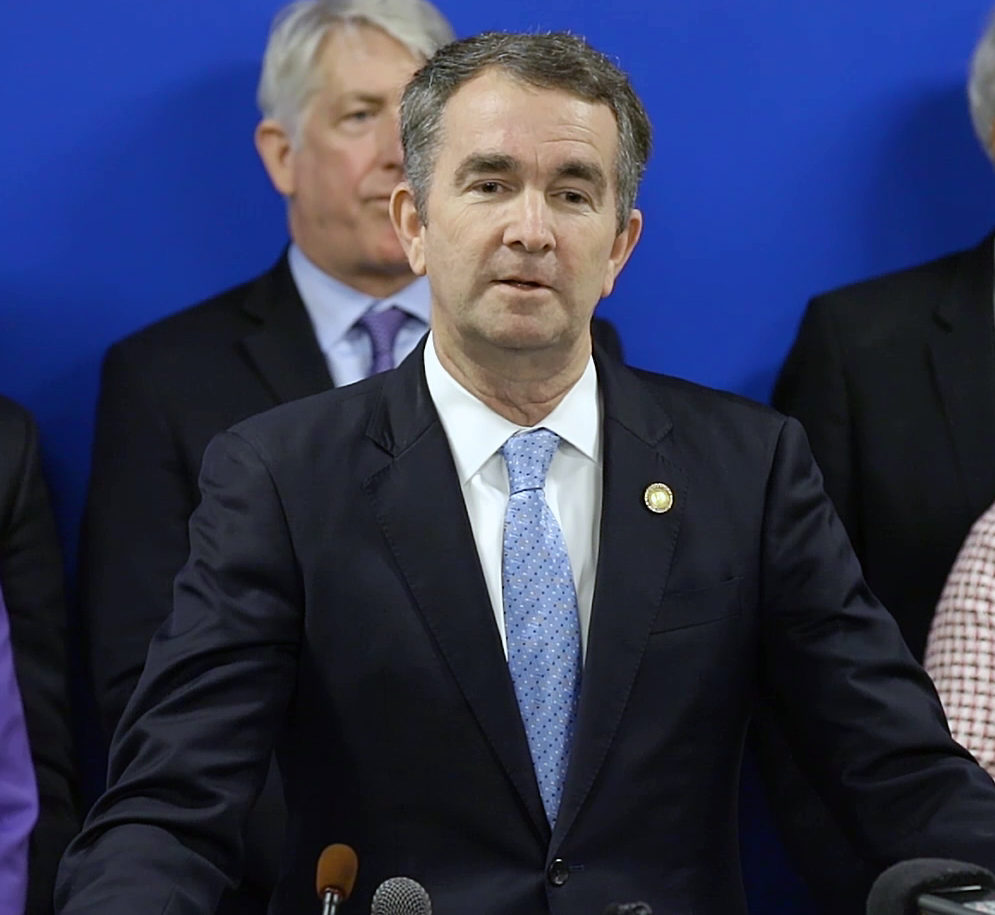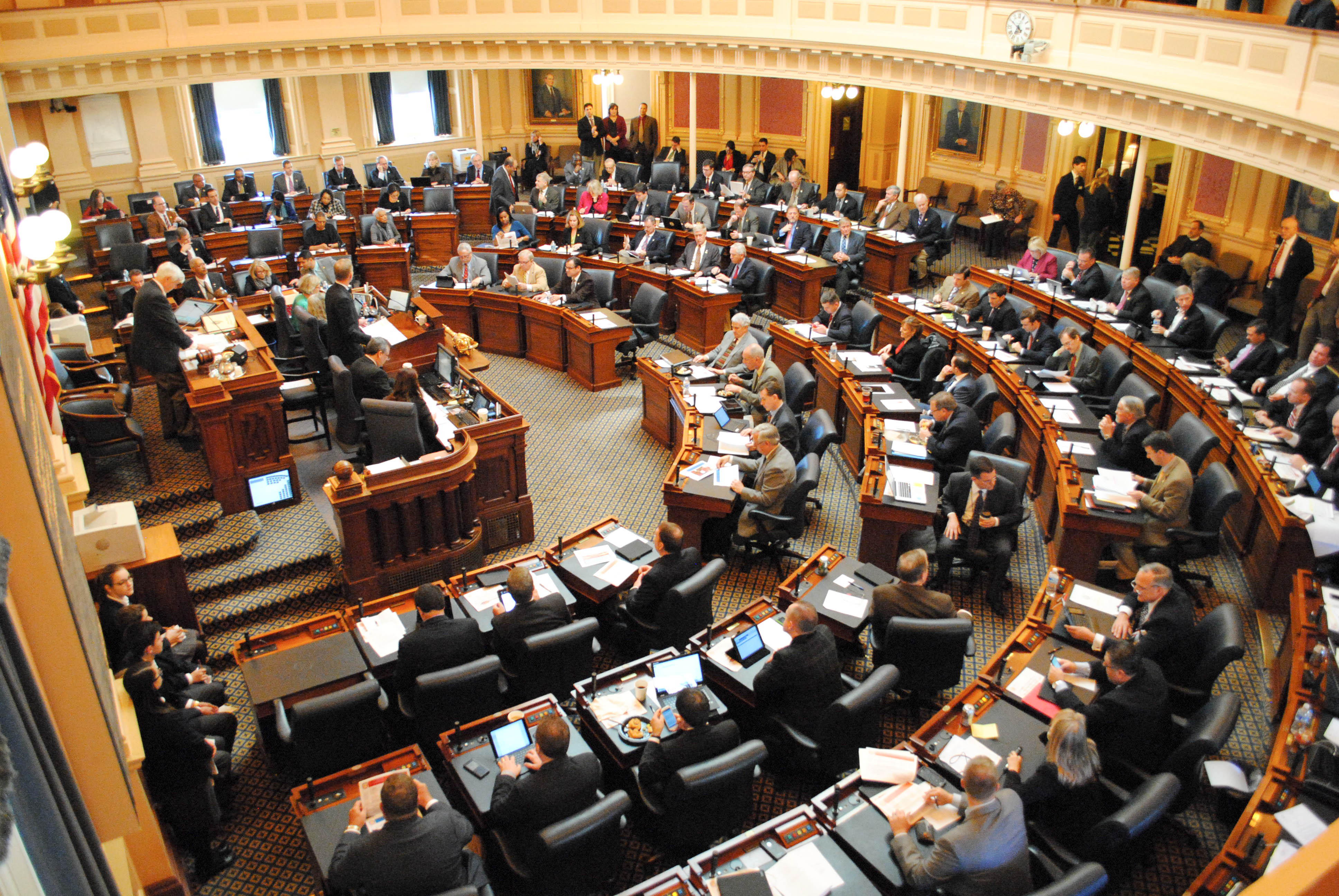Voter fraud can quite easily be uncovered by cross-referencing information between various government databases to identify registered voters who are not legal U.S. citizens. However, much of the nation lacks database integration, which is codified by Democrats’ unwillingness to make use of available technology capable of identifying non-citizens and voters who have moved out of state.
A 2017 investigation by the Public Interest Legal Foundation (PILF) across a small, eight-county sample found that more than 1,000 non-citizens had been removed from voter rolls by Virginia election officials, using data provided by the government on registrations cancelled in the statewide VERIS database.
According to PILF, 200 of those illegal voters had cast ballots in elections, with the illegal registrations confirmed in an April 4, 2017 email obtained through a Freedom of Information Act (FOIA) request from Edgardo Cortes, who was then the commissioner of Virginia’s Department of Elections.
“This report shows individuals that were cancelled due to self-reported non-citizen status and failed to complete an affirmation of citizenship in the allotted time frame and continue to be in cancelled status,” wrote Cortes.
That year, Democratic operative Andrew Spieles was sentenced to 100 days in federal prison after pleading guilty in a voter fraud conspiracy, which saw false registration forms submitted by the Democratic group “Harrisonburg Votes” that was working to register voters in the Shenandoah Valley and at James Madison University.
“According to evidence presented at today’s guilty plea hearing by Assistant United States Attorney Jeb Terrien, in July 2016 Spieles’ job was to register as many voters as possible and reported to Democratic Campaign headquarters in Harrisonburg,” announced the Department of Justice.
The Democratic voter fraud conspiracy was discovered after an alert registrar noticed that registration forms had been submitted bearing the names of dead people.
Republican lawmakers say voter fraud continues to be a problem in the Commonwealth, placing them at odds with Governor Ralph Northam (D), who even called for repealing Virginia’s voter ID law during his annual “State of the Commonwealth” address.
State Senator Mark Peake (R-Lynchburg) patroned legislation in the 2019 General Assembly session to rectify problems with voter fraud. S.B. 1038 would require registrars to electronically verify the name, date of birth, and social security number of each voter against federal databases to confirm that every registered voter is a lawful citizen of Virginia and the U.S.
A similar bill, H.B. 2764, was introduced by Delegate Tony Wilt (R-Harrisonburg) to bolster election security and reduce voter fraud.
Both bills passed through the General Assembly on a strict, party-line vote.
Even though the legislation would have helped solve problems with voter fraud, Governor Northam struck them down with a veto.
“Eligible voters should not have their constitutional right challenged because their application did not include contact information for the volunteer who assisted them in their registration,” the governor said in his veto memo, adding that “[H.B. 2764] places an additional, unnecessary, and burdensome requirement on those facilitating or participating in voter registration drives.”
Vetoing S.B. 1038, Governor Northam said, “Requiring 133 individual general registrars to implement a flawed application denial process will only increase the likelihood of disenfranchisement of eligible voters. The constitutional right to vote should not be undermined by human error such as data entry mistakes or typos.”
Based on what occurred in 2017, Northam’s idea that the denial system is based solely on disenfranchising voters is senseless. Under the leadership of Northam, the Democratic Party is emboldened by loose voting laws, promoted under the guise of “removing unnecessary obstacles” to voting.
Instead of solving problems within the system, Northam’s Democratic allies introduced legislation in this year’s 46-day session to repeal Virginia’s voter ID law, which would lead to even more potential voting fraud. Both H.B. 2565 from Delegate Kaye Kory (D-Falls Church) and S.B. 1447 from State Senator Mamie Locke (D-Hampton) would remove the long-standing requirement.
Although neither repeal bill passed the Republican-controlled statehouse this year, that could change if Democrats succeed in capturing majorities in the upper and lower chambers this November when all 140 seats will be up for election.
Republicans currently control the House of Delegates and State Senate by razor-thin margins of 51-48 and 21-19, respectively.





